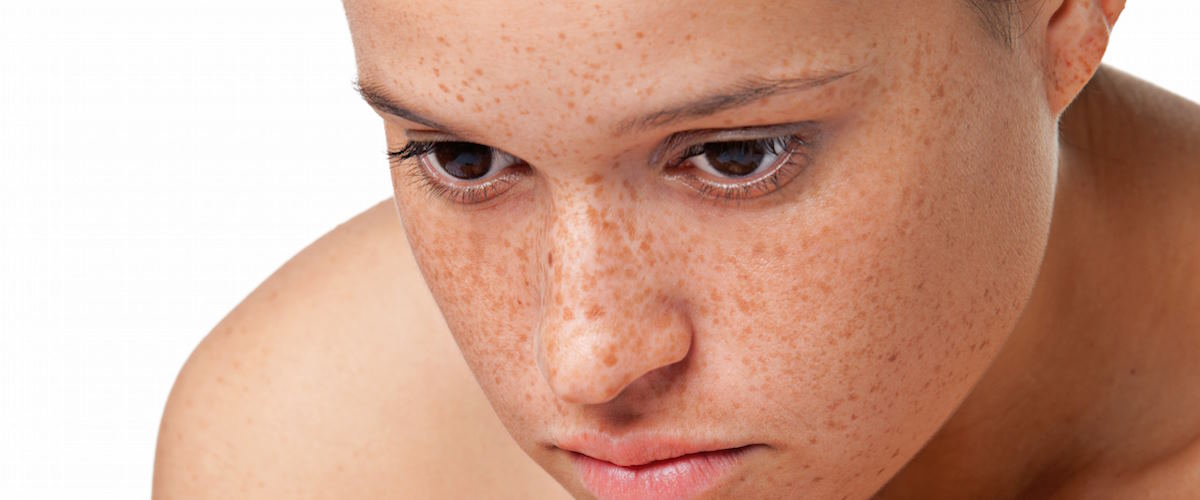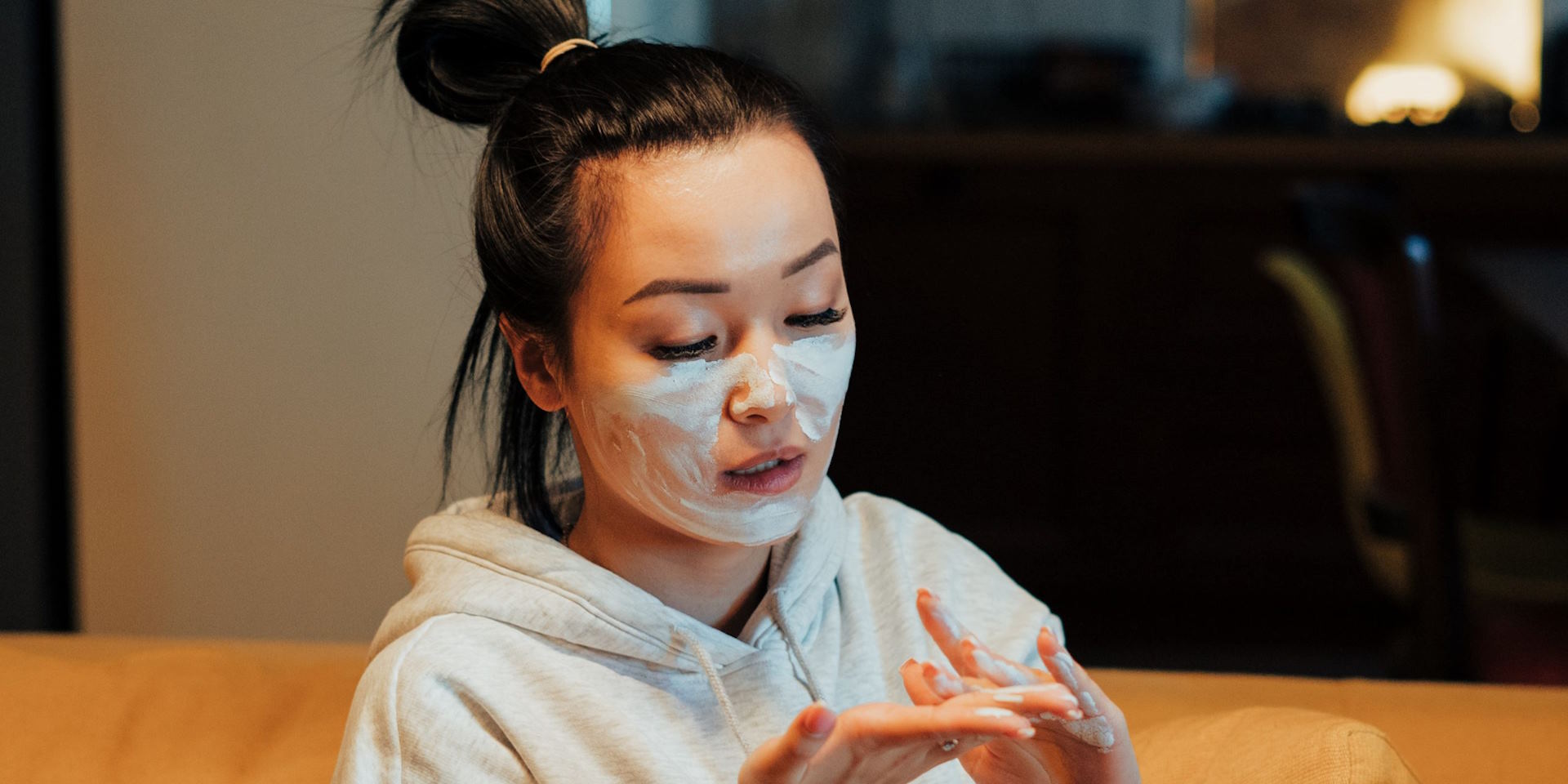We all love that even, radiant skin, but sometimes, life throws a few curveballs in the form of dark spots or uneven pigmentation. These little reminders of sunburns or breakouts can leave us feeling less than confident. But just like how we can refresh a room with a fresh coat of paint, we can also refresh our skin with the right treatments for hyperpigmentation.
Prevention is the Best Medicine
As they say, “an ounce of prevention is worth a pound of cure,” and when it comes to hyperpigmentation, that couldn’t be more true. The best way to stop dark spots from forming in the first place is to protect your skin from sun damage. Even if you’re inside all day, UV rays can still sneak through windows, so protecting your skin should be a daily routine.
Start with a good sunscreen—yes, every single day. Choose one with broad-spectrum protection, meaning it blocks both UVA and UVB rays. You don’t need to go overboard, but make sure it’s an SPF of at least 30 or higher. Think of sunscreen as your skin’s shield—without it, the sun’s rays can leave those pesky spots behind, but with it, you can keep your skin looking fresh and even.
In addition to sunscreen, avoid direct sun exposure as much as possible. Wear hats, sunglasses, and try to stay in the shade during peak hours (usually from 10 AM to 4 PM). When you’re protecting your skin, you’re preventing new spots from forming and keeping the ones you’ve already got from getting darker.

Topical Treatments to Fade Dark Spots
Now that you’ve got prevention down, let’s talk about the fun part—treating hyperpigmentation. Luckily, there are plenty of skincare products available that can help reduce the appearance of dark spots. The trick is choosing the right ones and sticking with them.
Vitamin C: Your Skin’s Brightening Sidekick
Vitamin C is like your skin’s best friend when it comes to brightening. It’s a powerful antioxidant that helps fight free radicals (those pesky molecules that cause damage to skin cells), while also boosting collagen production. Collagen is the protein that keeps your skin firm and plump. By using Vitamin C, you’re giving your skin an extra boost to repair itself and even out your complexion.
Vitamin C helps lighten dark spots by inhibiting the production of melanin. Over time, it can gradually fade dark spots, leaving your skin looking brighter and more youthful. You can find Vitamin C in serums, creams, and even face masks. Just remember, consistency is key.
Niacinamide: The Gentle Healer
Niacinamide (also known as Vitamin B3) is another powerhouse when it comes to evening out skin tone. Unlike some harsh treatments that can irritate sensitive skin, niacinamide is gentle but effective. It helps reduce the appearance of dark spots and can even calm inflammation, which is great if your pigmentation is the result of acne or other skin irritation.
What makes niacinamide special is its ability to block the transfer of melanin to the outer layers of the skin. This prevents dark spots from becoming more noticeable, while also making existing ones lighter and less obvious. It’s a good option for those who want to reduce pigmentation without causing irritation.

Retinoids: Speeding Up Skin Renewal
Retinoids (a stronger form of Vitamin A) are often recommended for treating hyperpigmentation because they promote skin cell turnover. This means they help your skin shed its old, damaged layers faster and create new, healthy skin. Retinoids can also stimulate collagen production, making them a great choice for both fading dark spots and reducing fine lines.
Retinoids come in various strengths, so if you’re new to them, you may want to start with a gentler formula and gradually increase the strength. Keep in mind that retinoids can make your skin more sensitive to the sun, so always use sunscreen when you’re using these products.
Professional Treatments to Take It to the Next Level
Laser Treatments: Targeting Deep Pigmentation
For deeper pigmentation, laser treatments may be the way to go. Lasers like Fraxel or Q-switched lasers work by targeting the pigment in your skin and breaking it down, allowing your body to naturally remove it. These treatments can be highly effective for stubborn hyperpigmentation, but they usually require a few sessions for optimal results.
While lasers can be quite effective, they can also cause some redness and irritation immediately after treatment, so it’s important to follow your dermatologist’s aftercare instructions closely.




